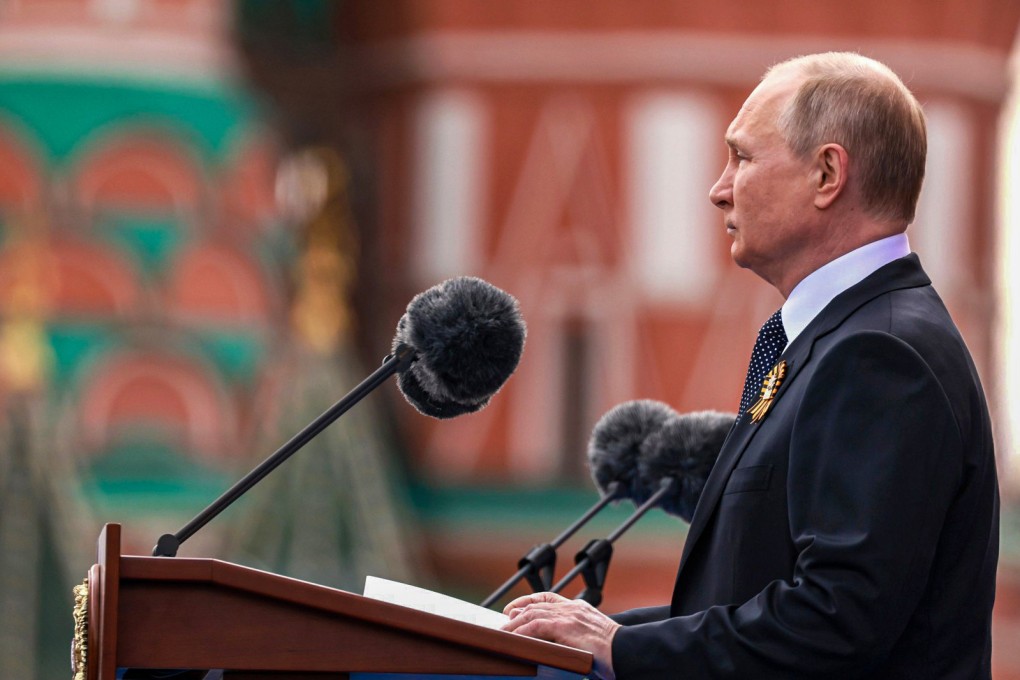Letters | Lesson from Russia-Ukraine war: why Taiwan must choose words carefully
- Readers discuss the lesson to draw from Putin and Zelensky’s war of words, the safety of Hong Kong taxi services, an overdue raise in the minimum wage, and why online learning is underrated

These rhetorical campaigns, in essence, only narrow the space for both leaders to reach a peace settlement. As Financial Times columnist Gideon Rachman pointed out, how can anyone arrive at a compromise with fascism?
I argue that these episodes provide Taiwan with a valuable lesson: rhetoric matters.
As Taiwanese “nationalism” continues to rise, there is growing appetite among the island’s politicians to question the status quo in the Taiwan Strait. For instance, Taiwan’s Legislative Yuan President You Si-kun recently said that “the two sides of the Strait belong to two different countries, it is a solid fact”.
By threatening to cross China’s red line on Taiwan independence, this type of remark could accidentally trigger a military conflict in the Taiwan Strait that involves two nuclear powers, the US and China. In such a situation, it would be even harder to envision a peace settlement.